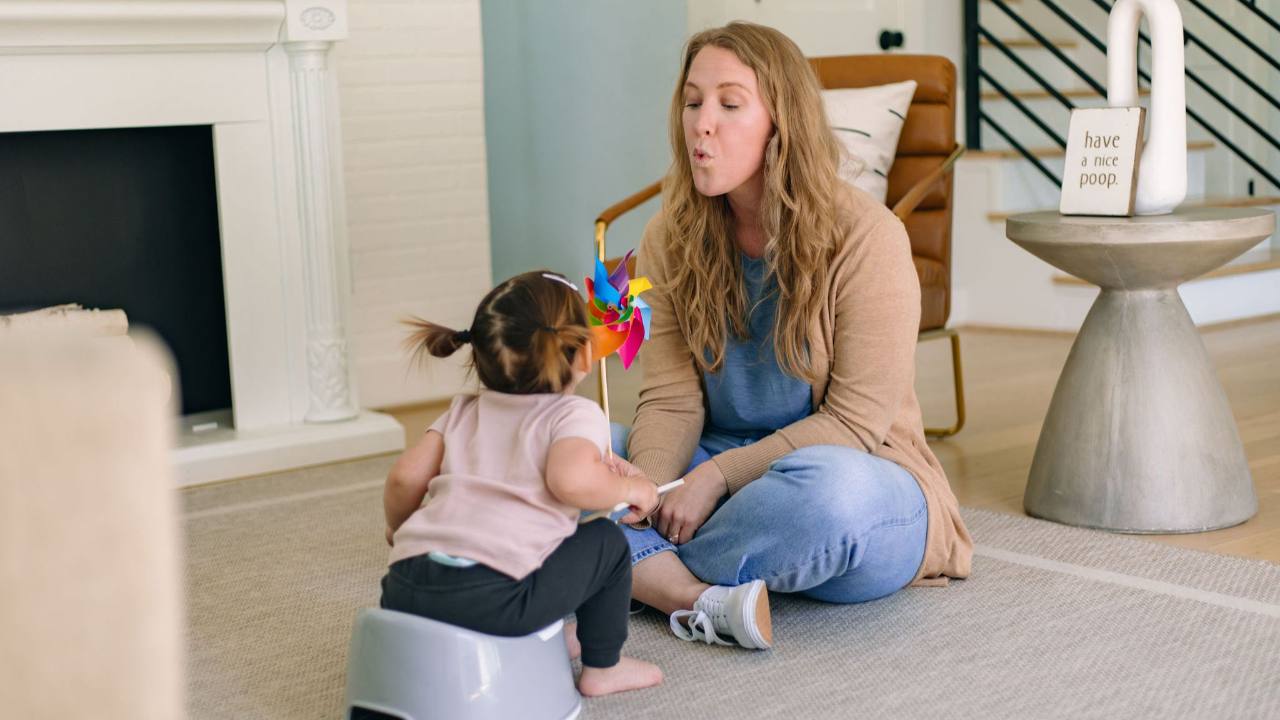Should I get a bed alarm?
Jan 17, 2025
One of the common questions we hear from families is, "Should I use a bed alarm to help my child stop bedwetting?" Bed alarms are often recommended as a quick solution for older children still experiencing nighttime wetting. However, as experts in pediatric health, we’ve found that bed alarms may not be effective until other foundational factors are addressed. In this newsletter, we'll walk you through the key steps to improve your child's nighttime dryness, including some surprising tips that start with daily habits!
Step 1: Understanding the Role of Bowel Health
Many parents are surprised to learn that constipation can play a significant role in nighttime bedwetting. Here’s why: anatomically, the colon sits close to the bladder. When a child is constipated, the filled colon can press against the bladder, reducing its capacity and increasing the chance of nighttime leakage. In essence, a backed-up bowel can "nudge" the bladder, causing your child to wet the bed.
Moreover, if a child has been ignoring the need to poop over time, they may begin ignoring body signals altogether—this can extend to both bladder and bowel signals, creating a cycle of bedwetting.
Some questions to explore with your child include:
Does your child poop regularly?
Is it always "snake" or "banana" shaped or vary in consistency?
Is it hard or difficult to poop?
Do they regularly ignore signals to poop? (ex: don't want to poop at school)
If your child strains to poop, has small pellets or loose stools, is having day time pee leaks or poops less than 3 times a week they may be constipated which can increase bedwetting.
Step 2: Evaluate Daytime Bladder Habits
The next factor to consider is your child's daytime bathroom routine, which provides valuable insight into their bladder health. Some questions to explore with your child include:
-
Frequency: Is your child urinating every 2-3 hours? The optimal range is about 6-8 times daily. If your child is going more regularly their bladder may not be used to getting full causing issues at night. If your child is going only 2-3 times a day the bladder may be more irritated which can also lead to bedwetting.
-
Urination Patterns: Ask your child, "Are you pushing or letting your pee flow naturally?" If they experience "dribbles" before or after going to the bathroom, it may indicate dysfunctional voiding.
-
Urgency: Can your child delay using the bathroom when they feel the urge, or do they need to go immediately? Extreme urgency could point to an overactive bladder.
Sometimes, just asking these questions reveals things that even the child might not have noticed until now!
Step 3: Build Healthy Bathroom Habits
For bed alarms to be effective, it’s crucial to establish strong bladder and bowel habits. Here’s a checklist to guide you:
-
Hydrate Consistently: Encourage your child to drink water throughout the day.
-
Bathroom Regularity: Aim for urination every 2-3 hours, and check that they’re relaxing enough to let the bladder empty fully.
-
Daily Bowel Movements: Ensure your child is not constipated, as bowel health is directly linked to bladder control.
For many children, the first step toward resolving bedwetting at night is achieving daily, healthy bowel movements. While this might seem unrelated to nighttime dryness, it’s actually the foundation for success.
Step 4: Consider the Bed Alarm - when is the right time?
After establishing healthy daytime habits, you might wonder if a bed alarm could now be helpful. Bed alarms can be a useful tool, but only if the groundwork is in place. Without proper bowel health and daytime bladder control, the alarm may not yield the expected results. Once these aspects are managed, the bed alarm can act as an extra nudge to help your child become aware of their body's signals.
Final Thoughts
In our experience, addressing daytime habits and bowel health first creates a stronger foundation for overcoming nighttime bedwetting. While recommendations from friends, Facebook groups, or even your pediatrician may encourage using a bed alarm, starting with the basics will set your child up for more consistent success.
Thank you for trusting us with your questions, and remember, sometimes small changes can make a big difference. Let’s work together to create healthy habits that lead to dry nights!
We’re here to support you every step of the way.
We are in this together!
Dr. Caitlin & Dr. Melissa, Founders of The Little Learning Lav




Responses